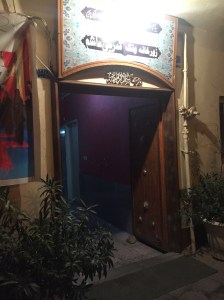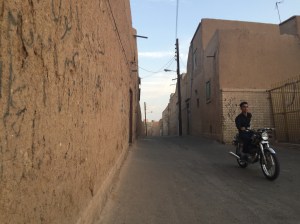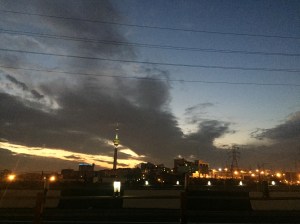I’ve been wanting to write this piece since the day I left Iran. It’s a mystery to me why it’s taken so long, but part of me thinks it has to do with my inner fear of overstaying my welcome in the blogosphere, harping on about days gone by. Another part suspects it has to do with the sadness I’ll inevitably beckon by peeling back some of the most sentimental layers of my time there. Given the subject, I should really be writing this in Farsi; unfortunately, my level of Farsi most likely wouldn’t do justice to the message I want to convey here. Nonetheless, I feel that it’s both a duty and an honour to write about the most important person, and by extension the family, that I was privileged to know while in Iran.
The first member of the Sepehrara family that I met was Donya. After helping me move into my newly rented flat on Sheikh Bahaei street, my landlord, who co-owned the property with the Sepehraras who lived in the neighbouring flat, brought her over to introduce to me. Donya couldn’t speak much English, and my Farsi was still at the ‘sign language + praying your recipient will fill in the blanks’ level. Even without a proper conversation though, her kindness and gentle nature were evident and – after a whirlwind past few days of finding my bearings in the dizzyingly fast-paced metropolis of Tehran – extremely welcome. We did manage to exchange numbers, and that was enough for then. Shortly after, her mother, father and sister came over to greet me. Before even knowing why, the moment I met eyes with Shohreh khanom, the girls’ mother, I felt at home in my new temporary home.
Over the coming weeks, Donya would take me out with her friends and invite me over regularly. I was still discovering the ins and outs of life in Iran, so having someone my age and seemingly quite similar in outlook – even if we didn’t totally understand each other at the time – was invaluable. We would go for shisha (ghalyoun in Farsi); drive around Tehran at night; or meet up with her friends and eat kebab-e-jegar (liver kebab) and other Iranian street foods. She was my go-to person for everything I needed, from where to fix my broken iPhone screen to how to order food to my place. Regardless of the fact that our early conversations were for the most part stunted, not to mention punctuated by periodical Google Translate searches, we somehow connected on a deep level and swiftly found a place in each other’s hearts. I soon started helping her with English homework and applications, and she was always helping me advance my Farsi. Before coming to Iran, I hoped that I would find kindred spirits and friends I would feel comfortable with, but as is always the case with the unknown, I wasn’t really sure. I never guessed I would be finding them right next door.
While my friendship with Donya’s sister Sara blossomed later on, I cherished and still cherish it just as much. She’s a few years older than Donya, and as much as her younger sister is tender and shy, Sara is banterful and bold. Admittedly it took me a long time to understand her jokes and general humour, given that a lot of the language initially went over my head. At first I misconstrued Sara’s sharp demeanour to mean that she perhaps didn’t take to me. But as we got to know each other better, I came to realise that she is one of the most caring and thoughtful people I’ve ever known. She was also very patient with me when it came to her jokes – repeating, deconstructing and dissecting them until I would understand exactly what I was laughing at. Humour is one of the doorways into contemporary culture, and it was never in short supply in Iran. From taxi drivers to store clerks to fellow passengers on the bus – I’d sometimes get the feeling I was walking through a roving stand-up comedy show (of course, with varying degrees of comedic quality). This may not seem so exciting for others, but as someone who always thinks of a witty remark about five minutes after the fact, I enjoyed it very much.
The more Sara and Donya helped me get acquainted with this side of popular culture – by introducing me to local comedy shows on Aparat (Iran’s version of YouTube), adding me to Instagram channels, etc., the more I would draw comparisons with satirical pop culture back in Saudi, which is also highly entertaining. In both countries, such cultural aspects unsurprisingly go unnoticed to the outside world amidst the more edible sound bites that are passed around in mainstream media: authoritarian regimes, the new ‘cold war’, sectarianism, what have you. But I always thought that shared characteristics like humour, as well as the increasingly creative ways people in the region are expressing themselves despite restrictions and commonly-held stereotypes, would be a good way to break the ice between us more generally.
This was certainly the case between Sara and myself. Soon after arriving, for instance, I was faced with my first sweltering Tehran summer night coupled with an unresponsive air conditioner. Unable to doze off and in the hopes that she was awake, I texted Sara in the middle of the night asking if she could bring over what I thought was an electric fan to help me get to sleep. She dutifully came by with a baad bezan, or a handheld fan (which is what I had in reality asked for), and a confused look on her face – probably wondering why I got her out of bed for something I could have made out of some folded paper. After that, I never forgot the word for electric fan – panke, in case you ever find yourself in a similar situation. When the mutual realisation set in and the bouts of laughter died down, Sara brought over an electric fan. Being exceedingly handy, the next day she took me up to the roof where she kindly fixed the air conditioning unit. It was the first of many unforgettable laughs we shared together in the coming months during our talks, outings and travels together.
I’ve saved the lovely Shohreh khanom for last, partly to emphasise her significance to me and partly because I know that even writing about her will make me tear up. At first, she opted to give me space and let me settle in. After a couple of weeks, however, following a long day at university, I heard a knock at the door. It was Shohreh khanom holding an aromatic plate of gheyme polo, an Iranian rice dish made with beef and split peas, which was soon to become one of my favourites. After thanking her extensively for her thoughtfulness, we exchanged some small talk; I learned that she was a university professor of the arts specialising in textiles, and spoke to her about my previous studies and interest in exploring Iran. Over the coming weeks and months, this would become a regular occurrence. On days when Shohreh khanom wasn’t teaching in the late afternoon, she would bring over a plate of fruits or a snack she had made for me shortly after she’d hear my front door closing, signalling my return home. Many nights, she would bring over an elaborate tray of dinner, introducing me to the wonderful world of home-cooked Iranian food, to which restaurant meals cannot compare. Every time I would thank her profusely and bashfully insist that she shouldn’t have, internally feeling guilty for accepting her kindness, especially given her busy schedule, without giving anything in return aside from the occasional bouquet of flowers. At one point, however, she stopped me mid-sentence and gently told me that she sees me as one of her own daughters, and that it made her happy to cook for five and make sure I was eating enough. As for me, I’d always feel a rush of happiness when I heard the knock on the door, as seeing and chatting with Shohreh khanom would always brighten my day – even more than eating her scrumptious meals, which is truly saying something.
Shohreh khanom and I grew very close; when I’d travel to other cities around Iran, one of my favourite parts about coming back to Tehran was seeing her, catching up and giving her whatever souvenirs I brought back for her and the family. Whenever I was feeling under the weather, she would constantly check up on me, bring me hot soups and other natural remedies, and genuinely care for me from the bottom of her heart. We would sit in her living room and she’d give me detailed explanations of complex and intriguing Farsi sayings or concepts that I’d read in books and asked her about. Our talk gradually became less small and more lengthy and intimate. She was there for me when I suffered personal hardships and needed more than a distant Skype call with family, and would give me considerate and thoughtful advice on issues great and small. When my mother came to visit me, she embraced Shohreh khanom fondly and thanked her for looking after me. She told my mother that, as I was a part of her family now, she couldn’t imagine it any other way. If she hadn’t heard from me in a few days, she would worry and come to check if everything was alright. As much as I was enjoying it, life could sometimes get hectic in Tehran – with my studies, work, etc. Knowing she was there would always give me a sense of calm and comfort. In the run-up to my departure, she helped me with all the moving logistics and wrote down my favourite recipes for Iranian dishes she’d cooked for me, complete with all her secret tips. Upon bidding a long farewell when I was to leave Iran, we were both overcome with tears as we hugged goodbye. I wondered if and when I would ever see her again, knowing deep down that even if I did, it would never be the same as this time spent so close to each other. It really hit home at that moment how strong of a bond I had formed with this woman who I had barely known, in this country where I arrived as a complete stranger; it was something I hadn’t expected to happen, and something I will never forget. I regularly think of her and the whole family fondly, and we stay in touch through messages, voice notes and other marvels of modern communication.
Although it was my first time living alone in a new country with no family closeby, I never once felt truly alone – and I have my former neighbours to thank for that. But more than what my relationship with the Sepehrara family, and Shohreh khanom in particular, mean to me on a personal level, it confirmed to me more generally that the strongest of bonds can be forged between strangers of ‘opposing’ backgrounds despite all the white noise of politics, ethno-chauvinism and the rest of the chaos we find in the Middle East these days. There is nothing more sacrosanct than fellow humans showing each other kindness, empathy and goodwill just because they can, and no matter how much extremists or alt-right bigots would like us to think the following is the case, politics and ideology can never fully obstruct that instinct. Lebanese-French writer Amin Maalouf contends that the “ties in people’s lives are not always the allegedly major allegiances arising out of language, complexion, nationality, class or religion.” Such ideas have an important place in this day and age, when currents of fear and xenophobia threaten to pull apart our common humanity at the seams. Whenever such thought gets me down, I think back to Shohreh khanom, and all those like her out there, to whom acts of all-encompassing compassion come far more naturally than anything else.


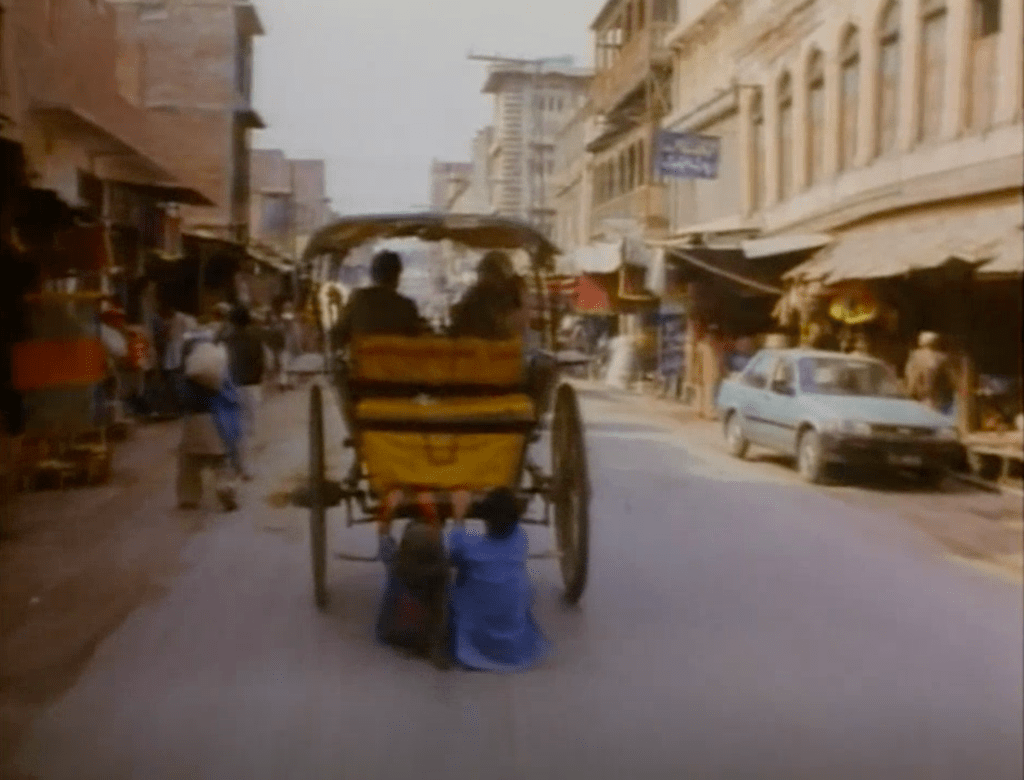



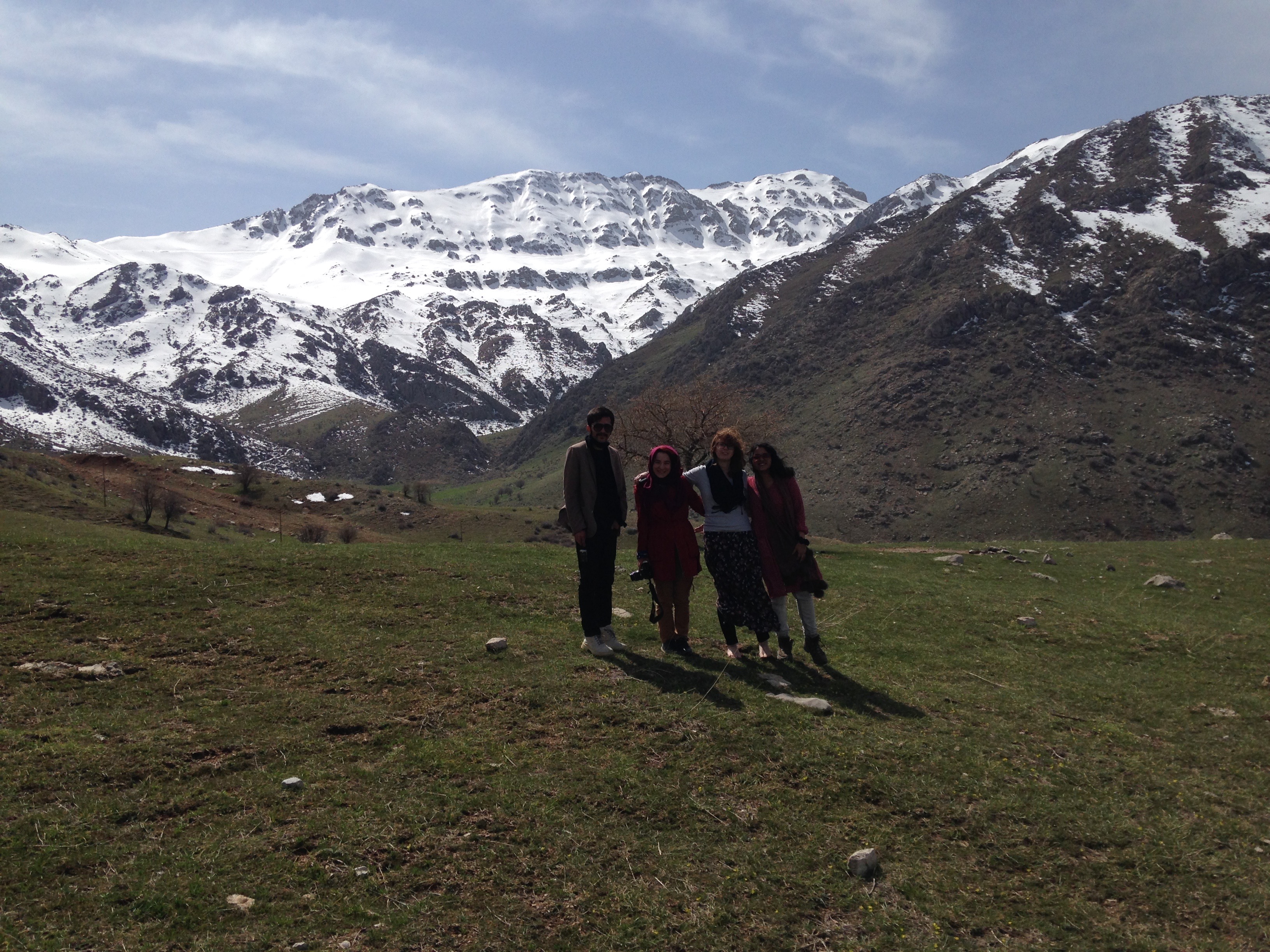 throughout with memories from our time there as we thought warmly of old friends, teachers, and numerous escapades, recounting seemingly long-lost tales as if from a storybook: road tripping through the snow-topped mountains of Kurdistan while our Kurdish university friends taught us some of the local dialect with traditional ballads blaring in the background; climbing through the man-made cliff dwellings of Kandovan before trekking through nearby Tabriz in search of a WiFi-equipped café where we could submit our mid-term essays for our Iranian History module; learning traditional Iranian dances at a wedding in northern Iran and later taking part in Shab-e Yalda, the time-honoured winter solstice celebration. We remembered the looks of surprise we would often get from Iranians when they asked where we were all from and wondered aloud what brought us all together in their country, in what always sounded like a localised rendition of ‘an Australian, a Turk and a Saudi walked into a bar.’
throughout with memories from our time there as we thought warmly of old friends, teachers, and numerous escapades, recounting seemingly long-lost tales as if from a storybook: road tripping through the snow-topped mountains of Kurdistan while our Kurdish university friends taught us some of the local dialect with traditional ballads blaring in the background; climbing through the man-made cliff dwellings of Kandovan before trekking through nearby Tabriz in search of a WiFi-equipped café where we could submit our mid-term essays for our Iranian History module; learning traditional Iranian dances at a wedding in northern Iran and later taking part in Shab-e Yalda, the time-honoured winter solstice celebration. We remembered the looks of surprise we would often get from Iranians when they asked where we were all from and wondered aloud what brought us all together in their country, in what always sounded like a localised rendition of ‘an Australian, a Turk and a Saudi walked into a bar.’




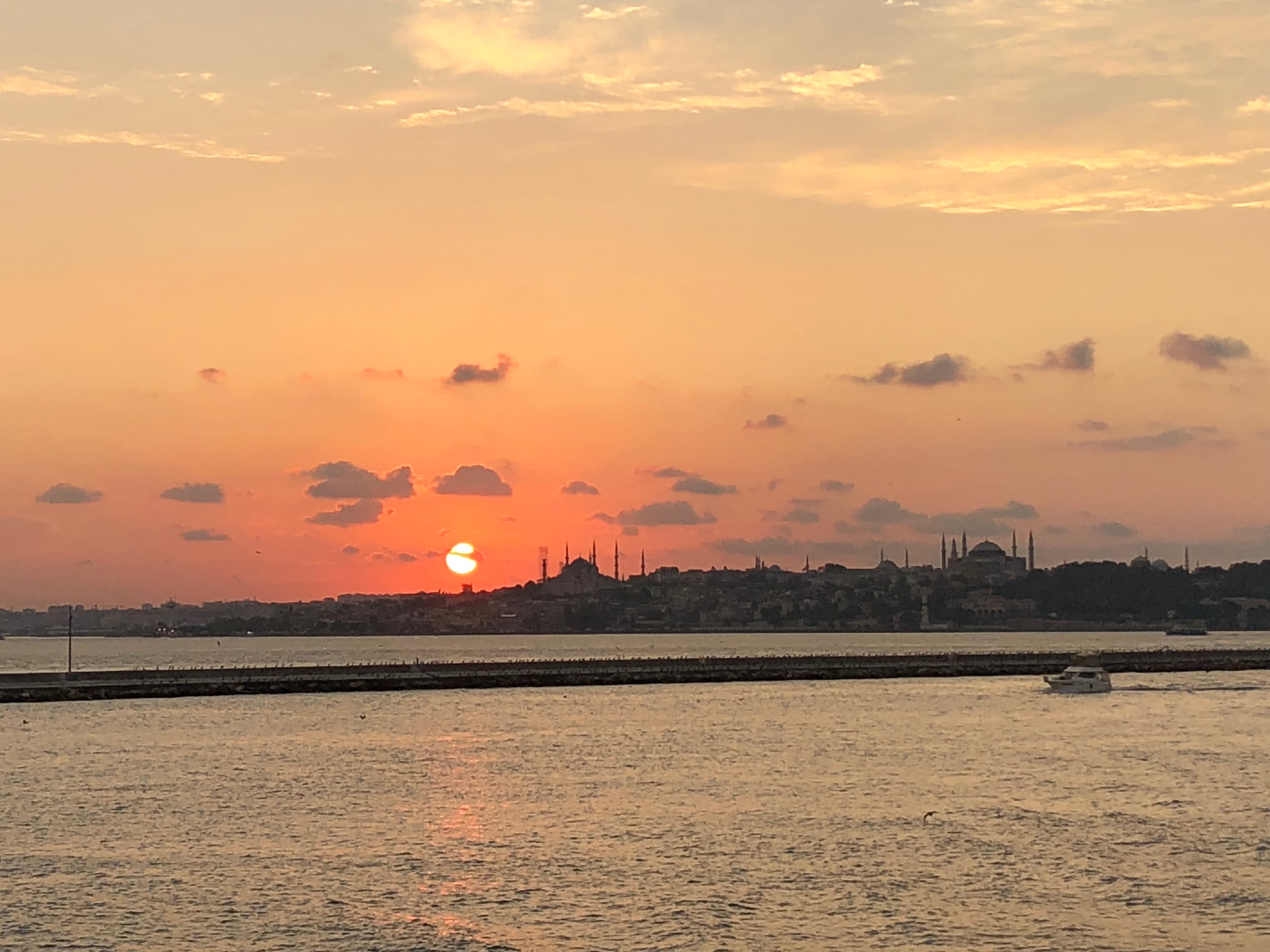 circumstances, and almost inevitably we pondered aloud on how or whether we were utilising what we had learned from our time in Iran in our present day lives. In my case, upon leaving Iran I had so many practical ideas on how to try to use my experiences to foster deeper understanding across national lines in our region, for example with regards to some of the frictions between average Saudis and Iranians. I saw so much opportunity in the vast and digitally-connected youth populations in both countries, who in many ways share a great deal of similarities in terms of social disposition, outlook and
circumstances, and almost inevitably we pondered aloud on how or whether we were utilising what we had learned from our time in Iran in our present day lives. In my case, upon leaving Iran I had so many practical ideas on how to try to use my experiences to foster deeper understanding across national lines in our region, for example with regards to some of the frictions between average Saudis and Iranians. I saw so much opportunity in the vast and digitally-connected youth populations in both countries, who in many ways share a great deal of similarities in terms of social disposition, outlook and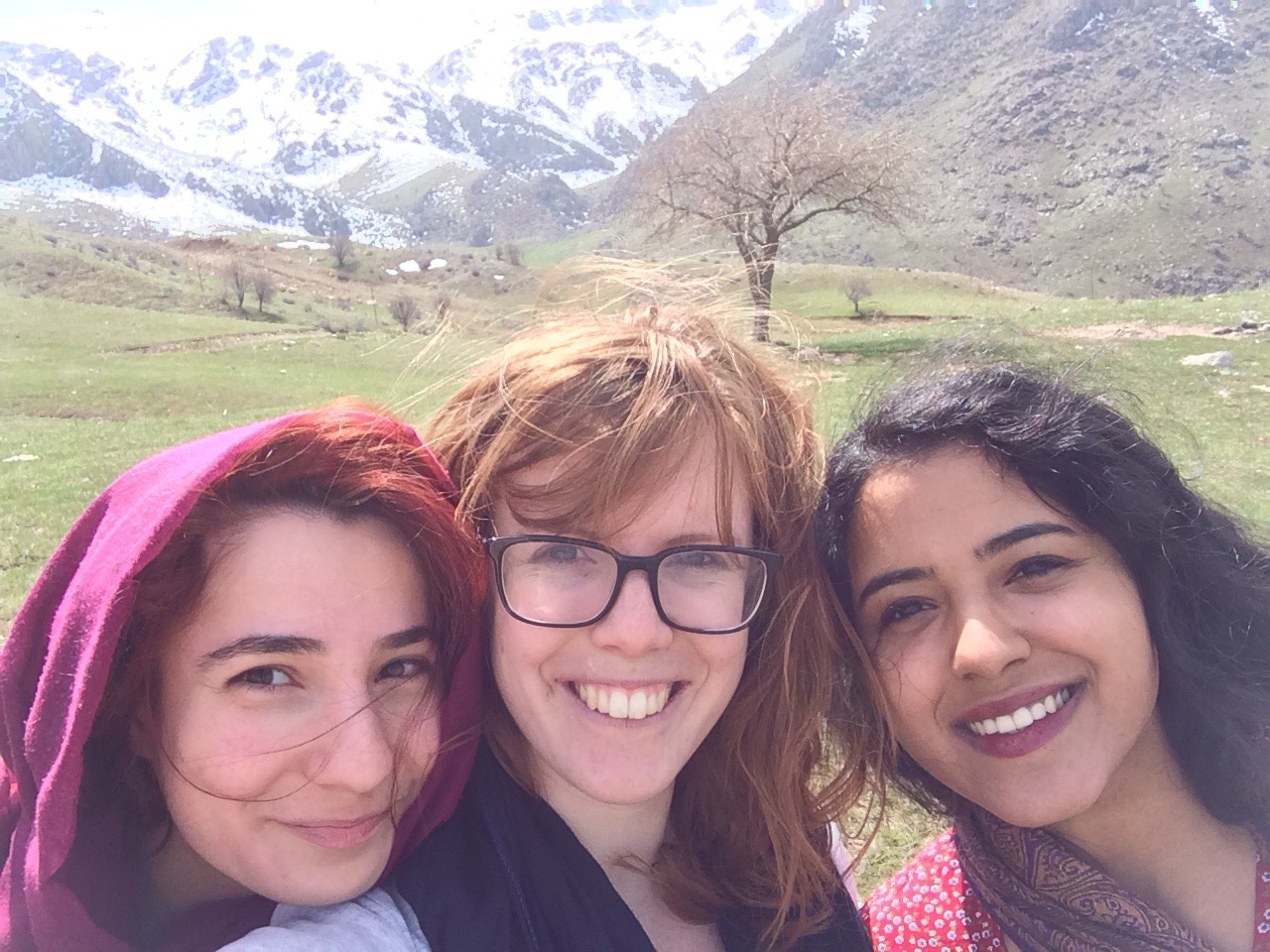
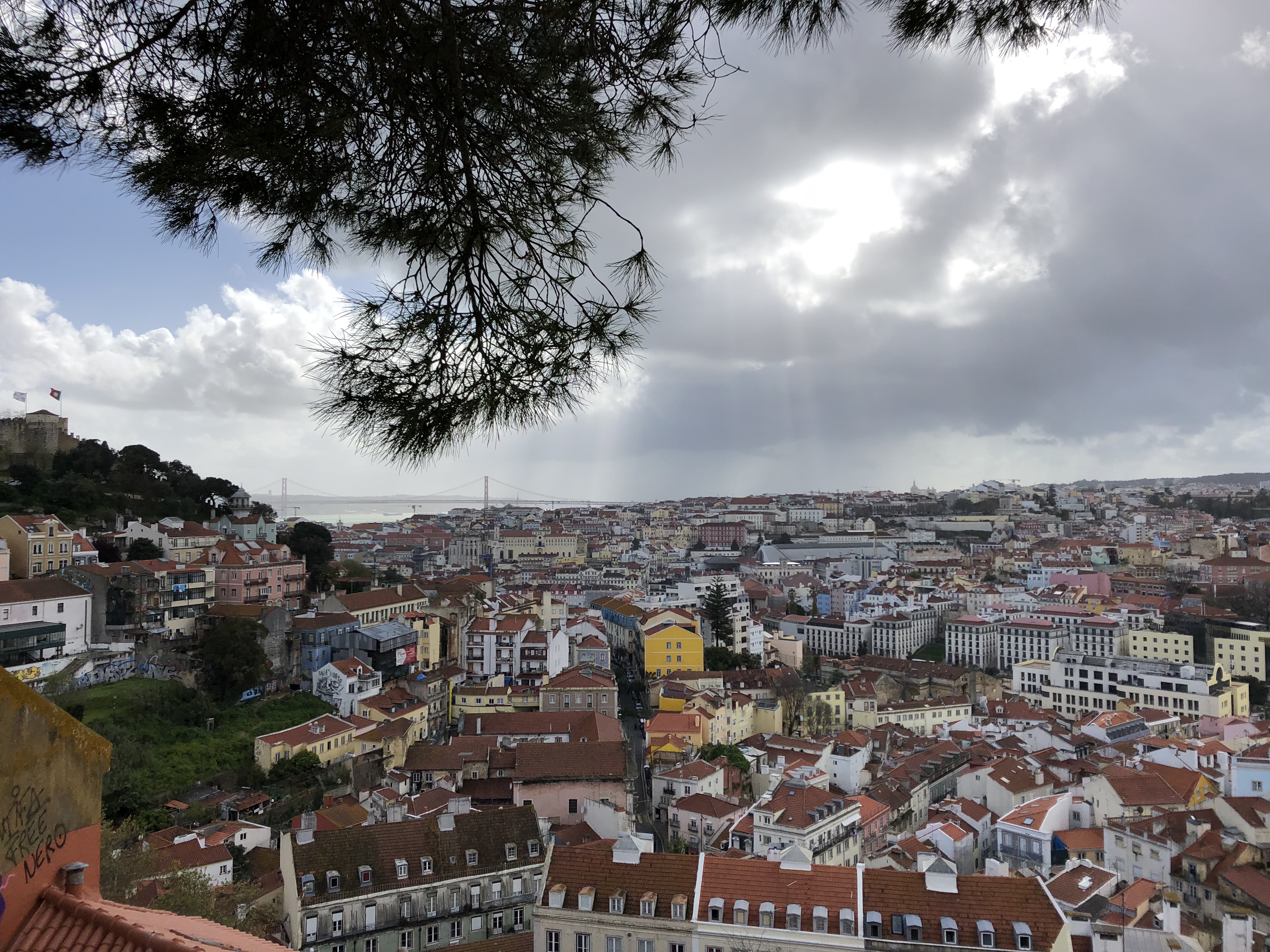
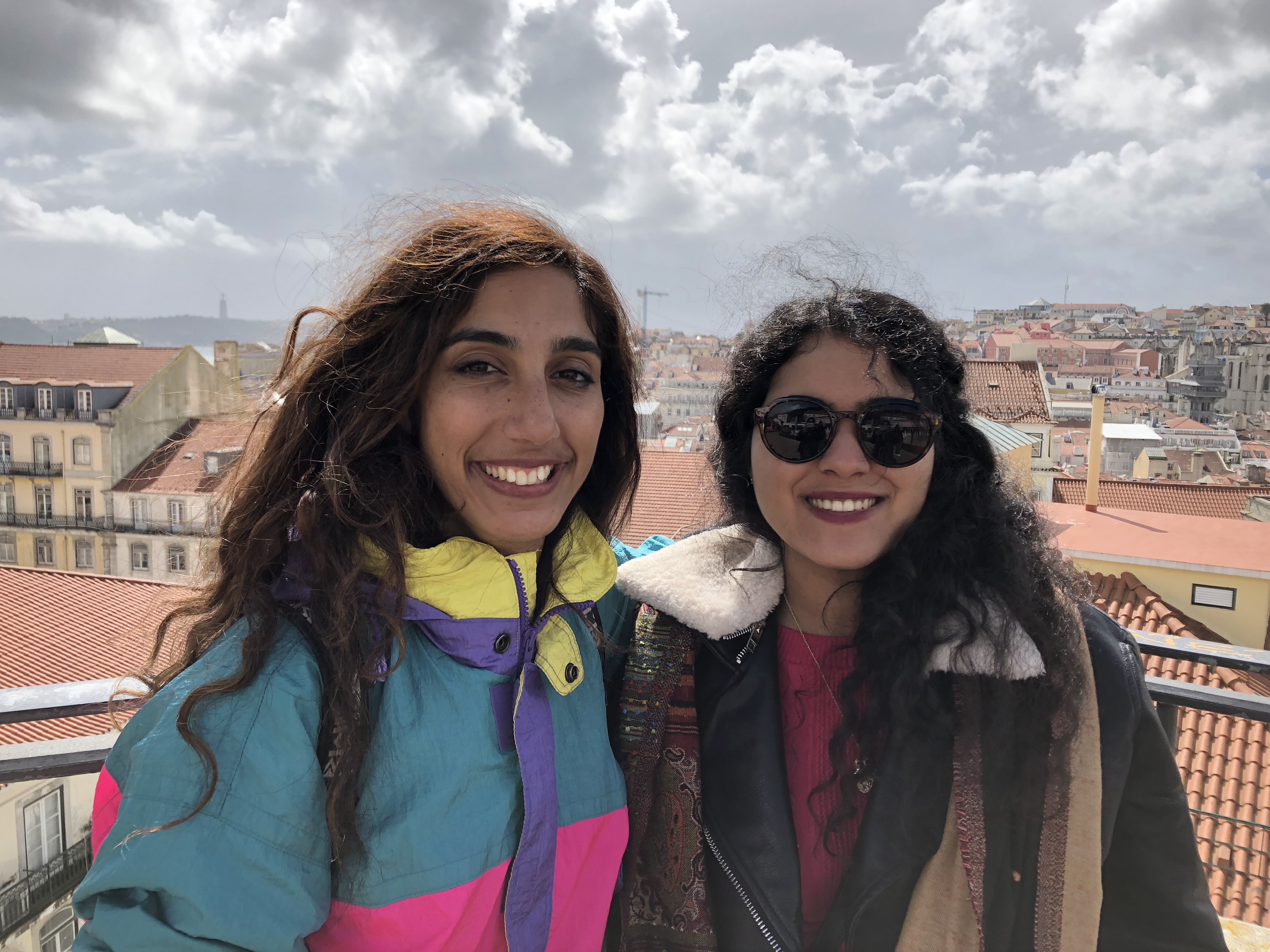
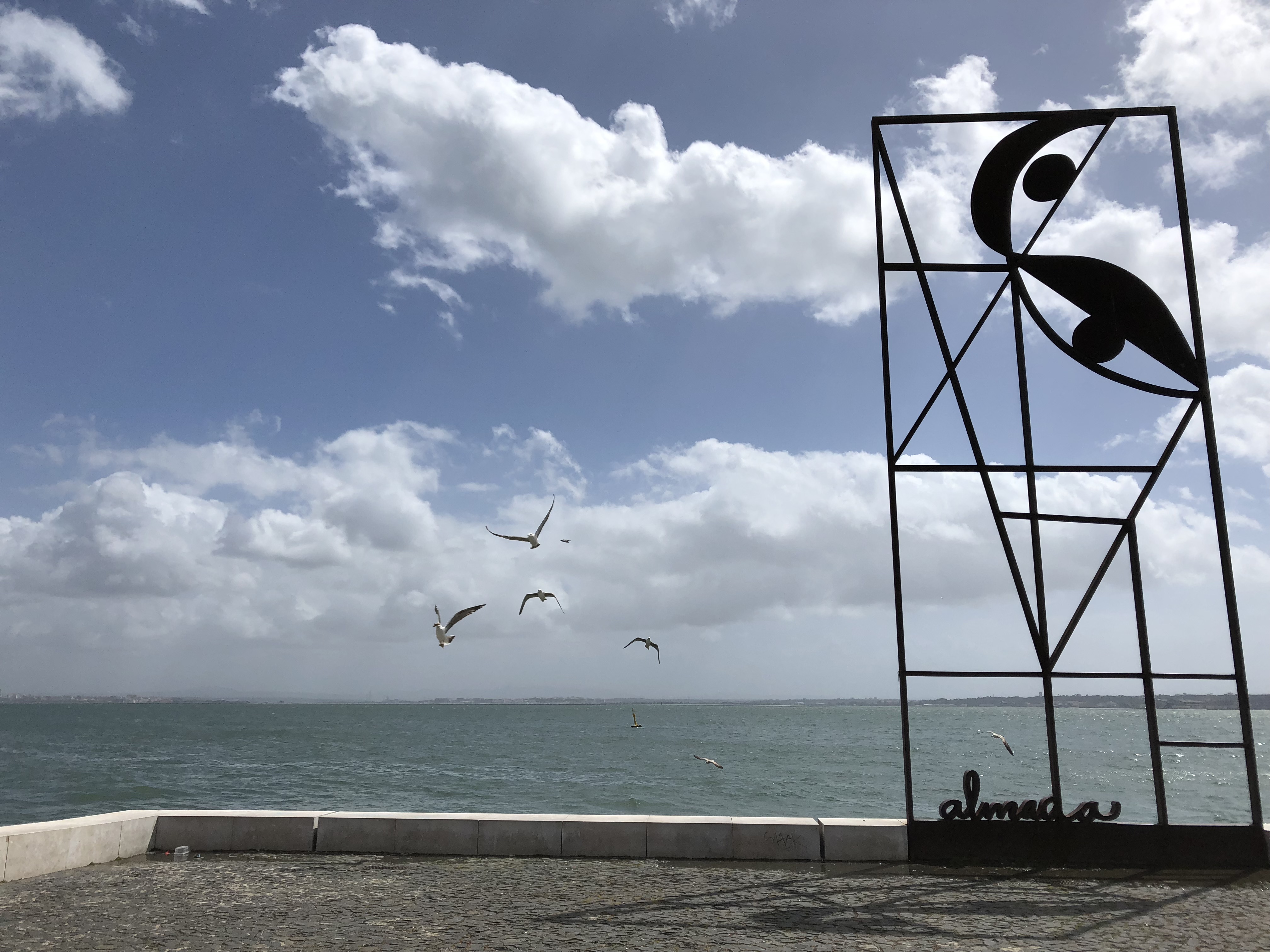 course of the trip.
course of the trip.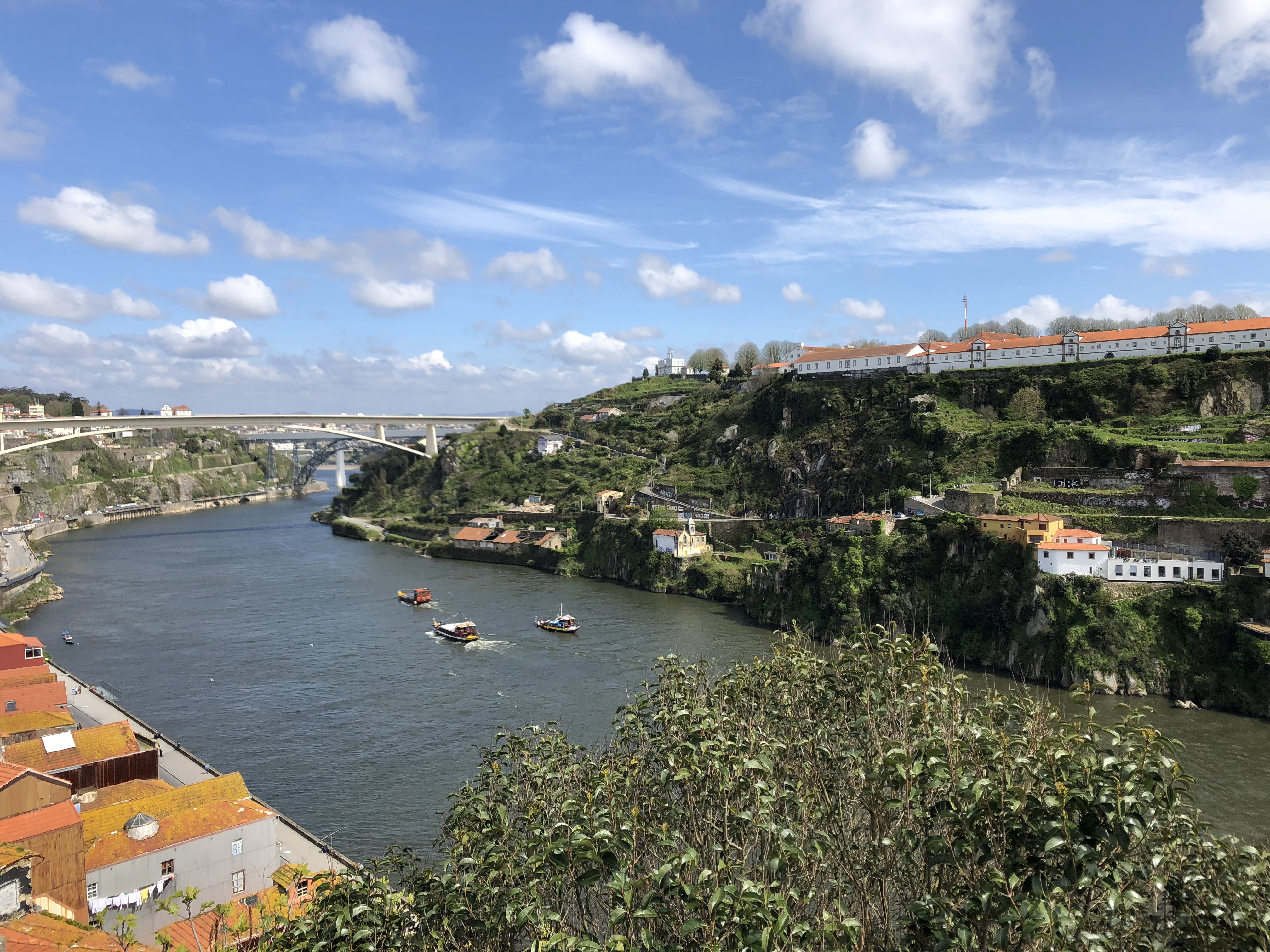
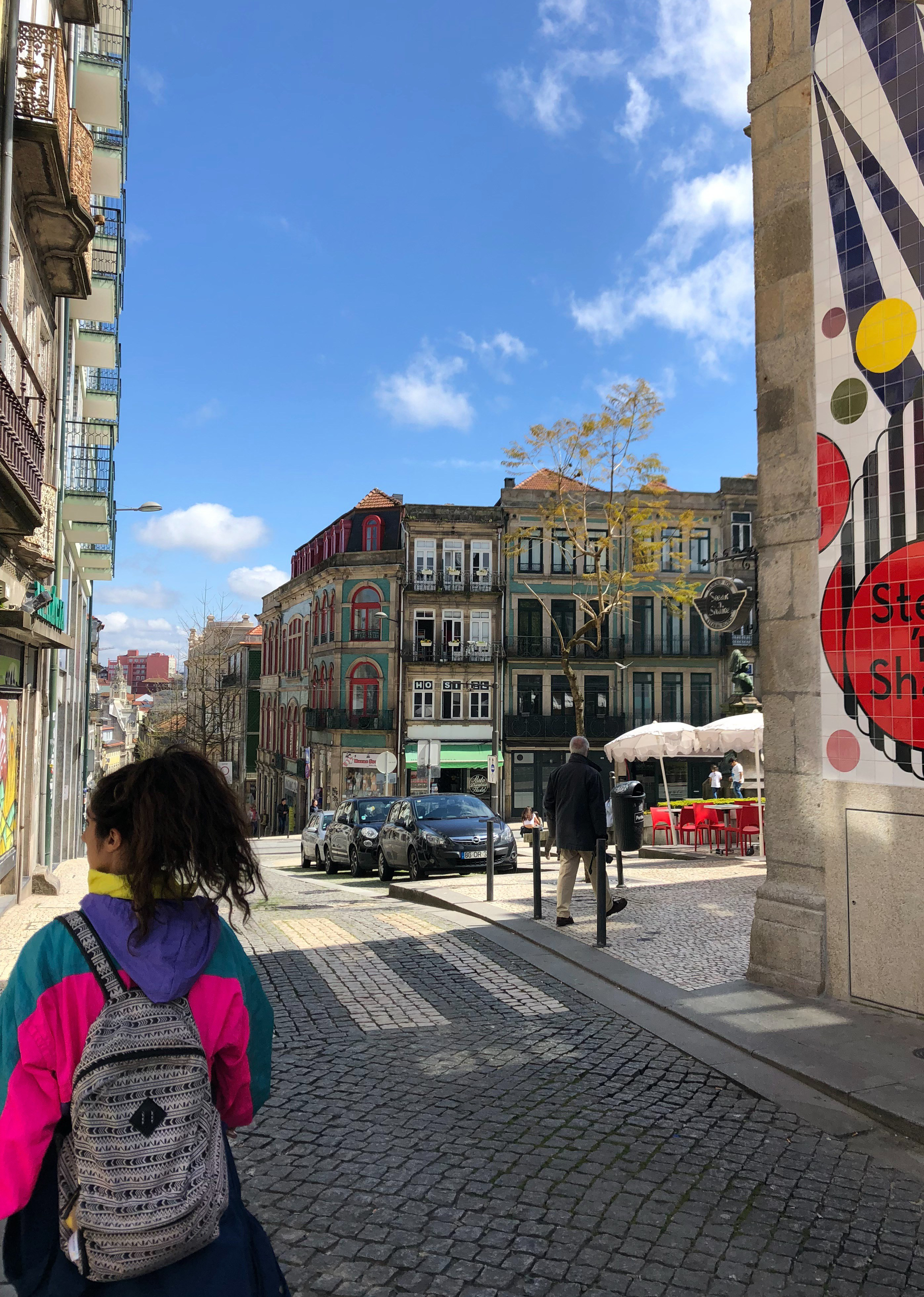 characterised by its melancholic nature. After mistakenly thinking the restaurant we chose was one minute away and realising it was in fact closer to twenty (a new record for my Google Maps illiteracy), we ran non-stop through the pouring rain to put us on a good footing for Uma’s impending flight. We managed to make it in decent time, find seats with a good view of the beautiful Fado singer and her band, and eat some scrumptious spaghetti while we were at it. Like most of our other memories from the trip, that night is etched into my mind, and is a bottomless source of elation whenever I think back to it.
characterised by its melancholic nature. After mistakenly thinking the restaurant we chose was one minute away and realising it was in fact closer to twenty (a new record for my Google Maps illiteracy), we ran non-stop through the pouring rain to put us on a good footing for Uma’s impending flight. We managed to make it in decent time, find seats with a good view of the beautiful Fado singer and her band, and eat some scrumptious spaghetti while we were at it. Like most of our other memories from the trip, that night is etched into my mind, and is a bottomless source of elation whenever I think back to it.

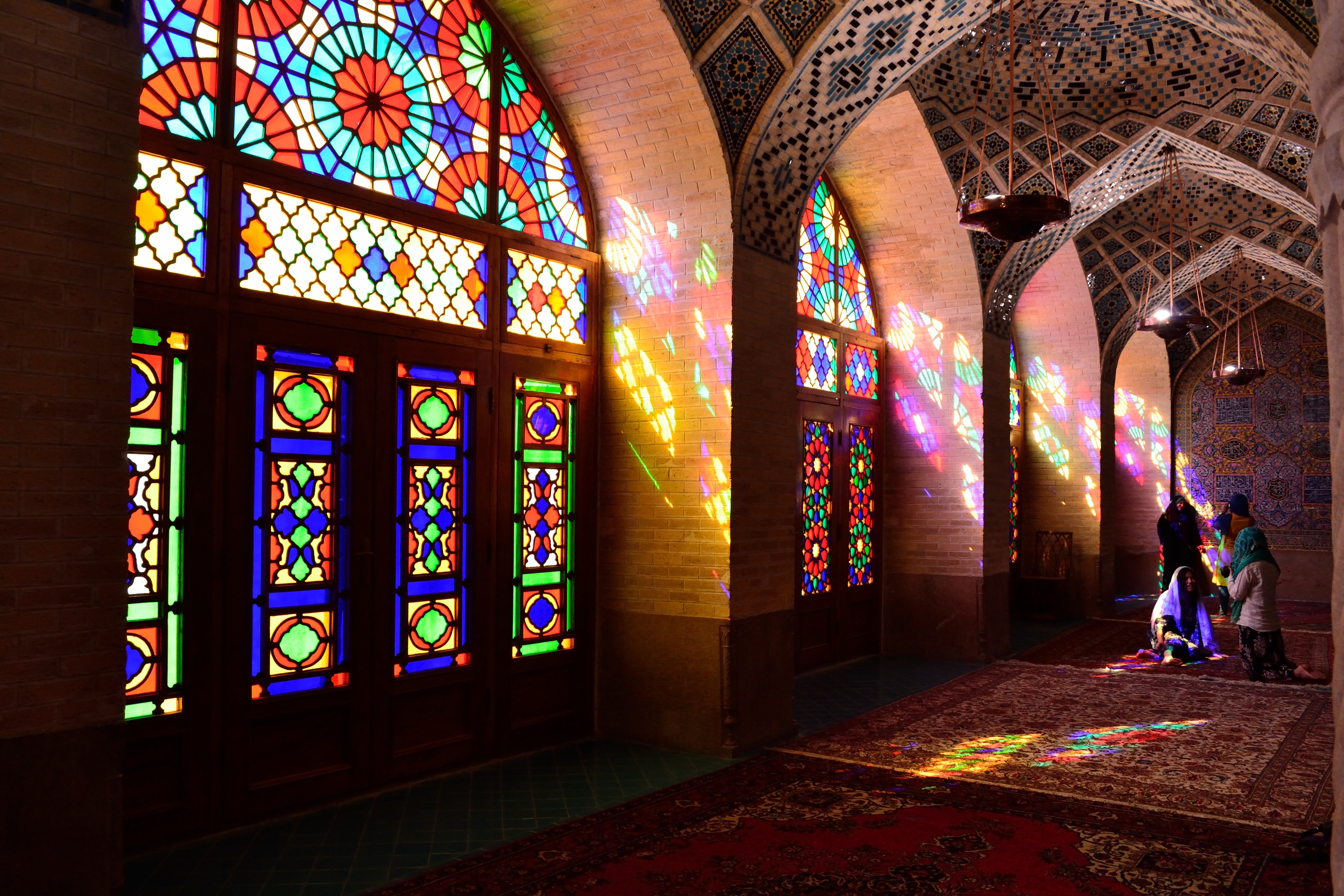
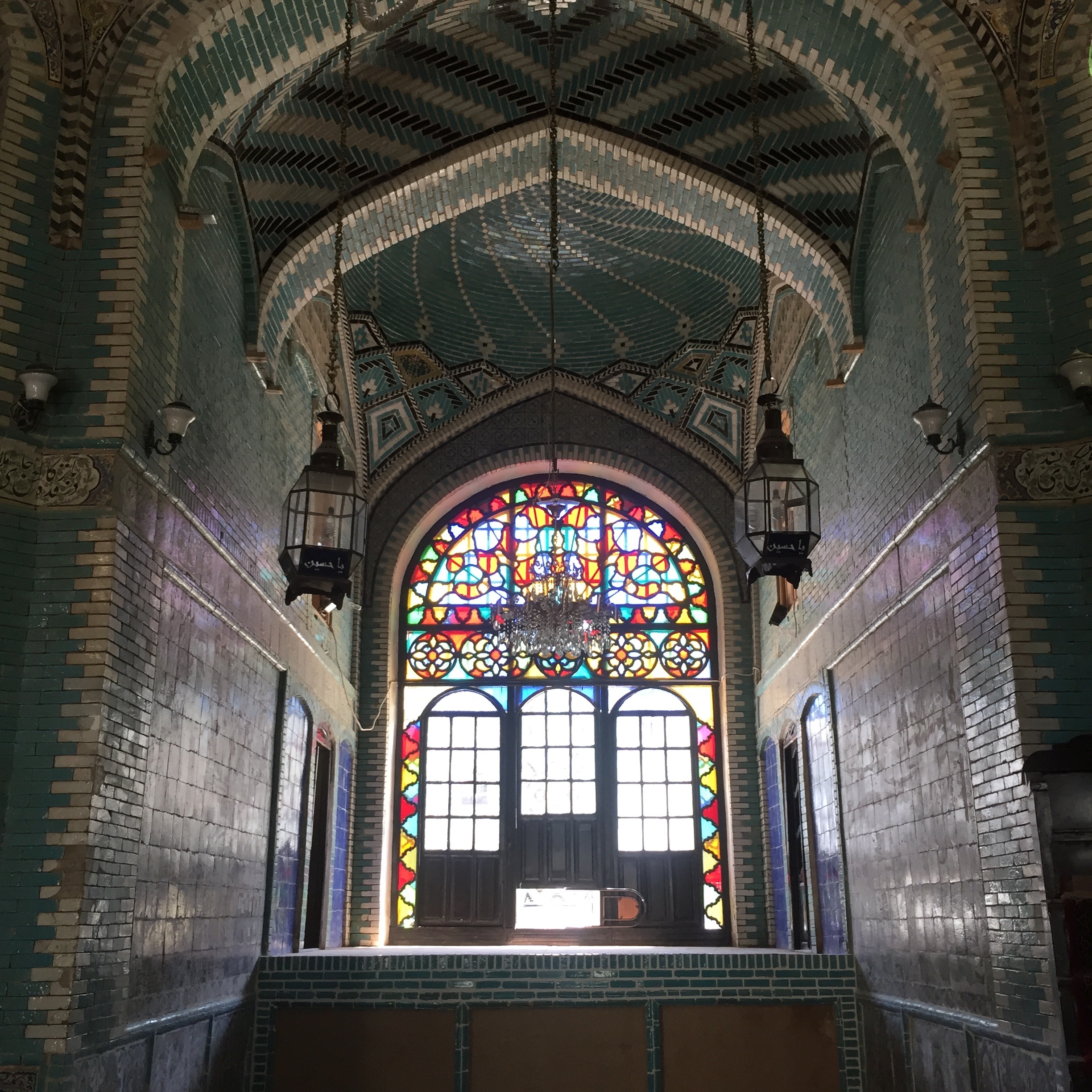

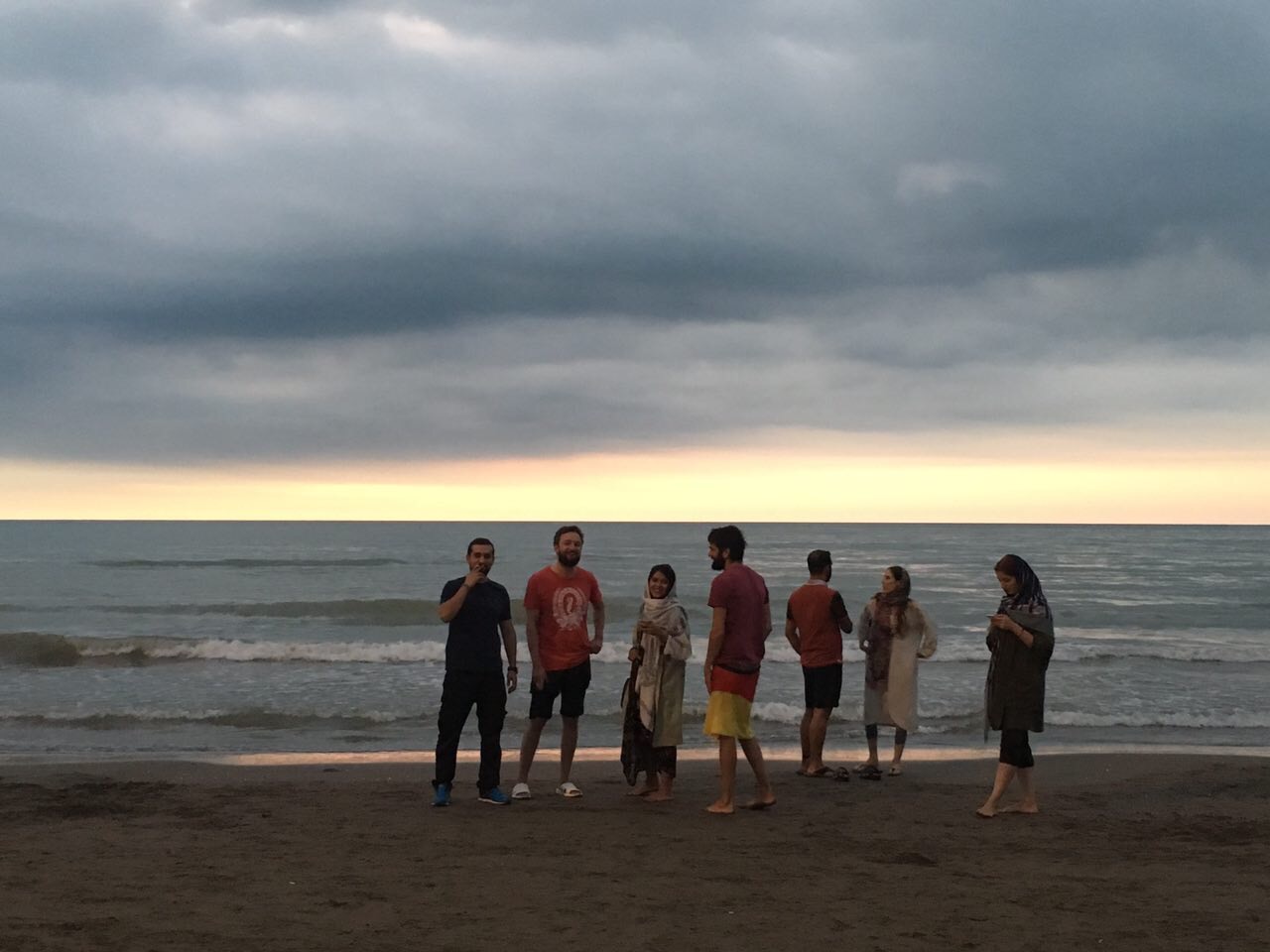
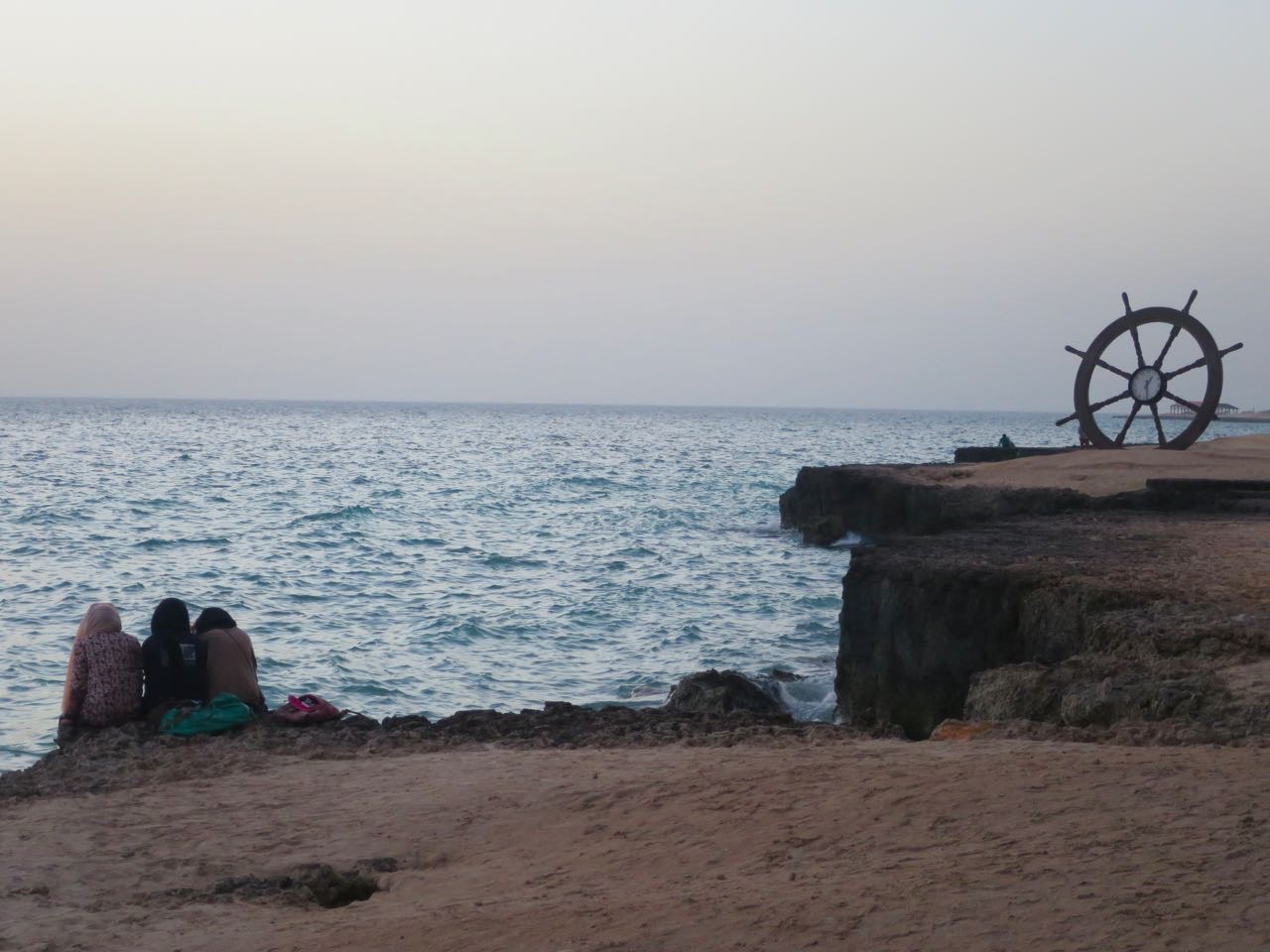
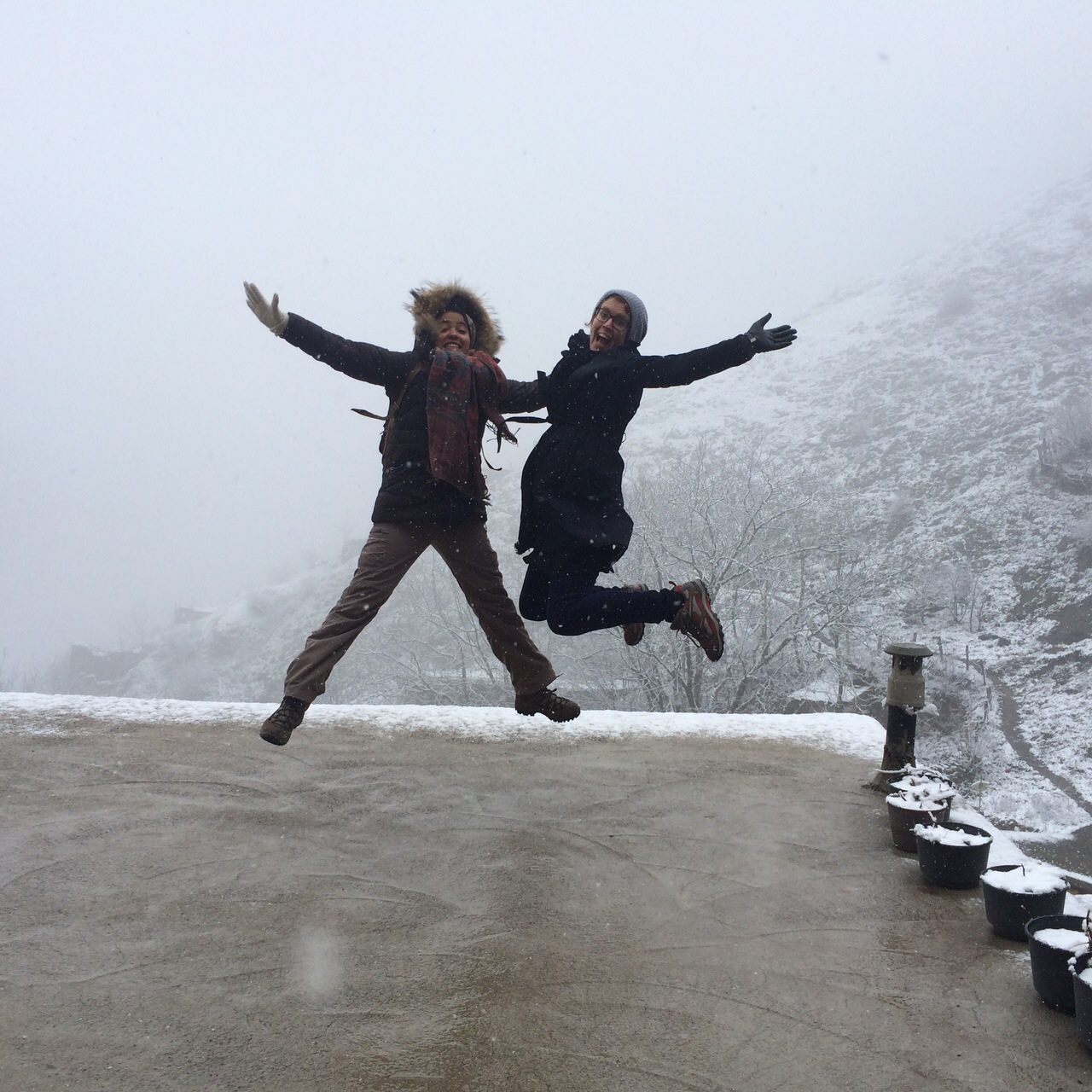 It seems like this may be my last blog as a Saudi in Iran, or to be precise, a Saudi who was in Iran. This fact brings with it tremendous sadness, but also reassurance that the efforts I had in mind when starting this blog and going to Iran in general are now more important than ever.
It seems like this may be my last blog as a Saudi in Iran, or to be precise, a Saudi who was in Iran. This fact brings with it tremendous sadness, but also reassurance that the efforts I had in mind when starting this blog and going to Iran in general are now more important than ever.